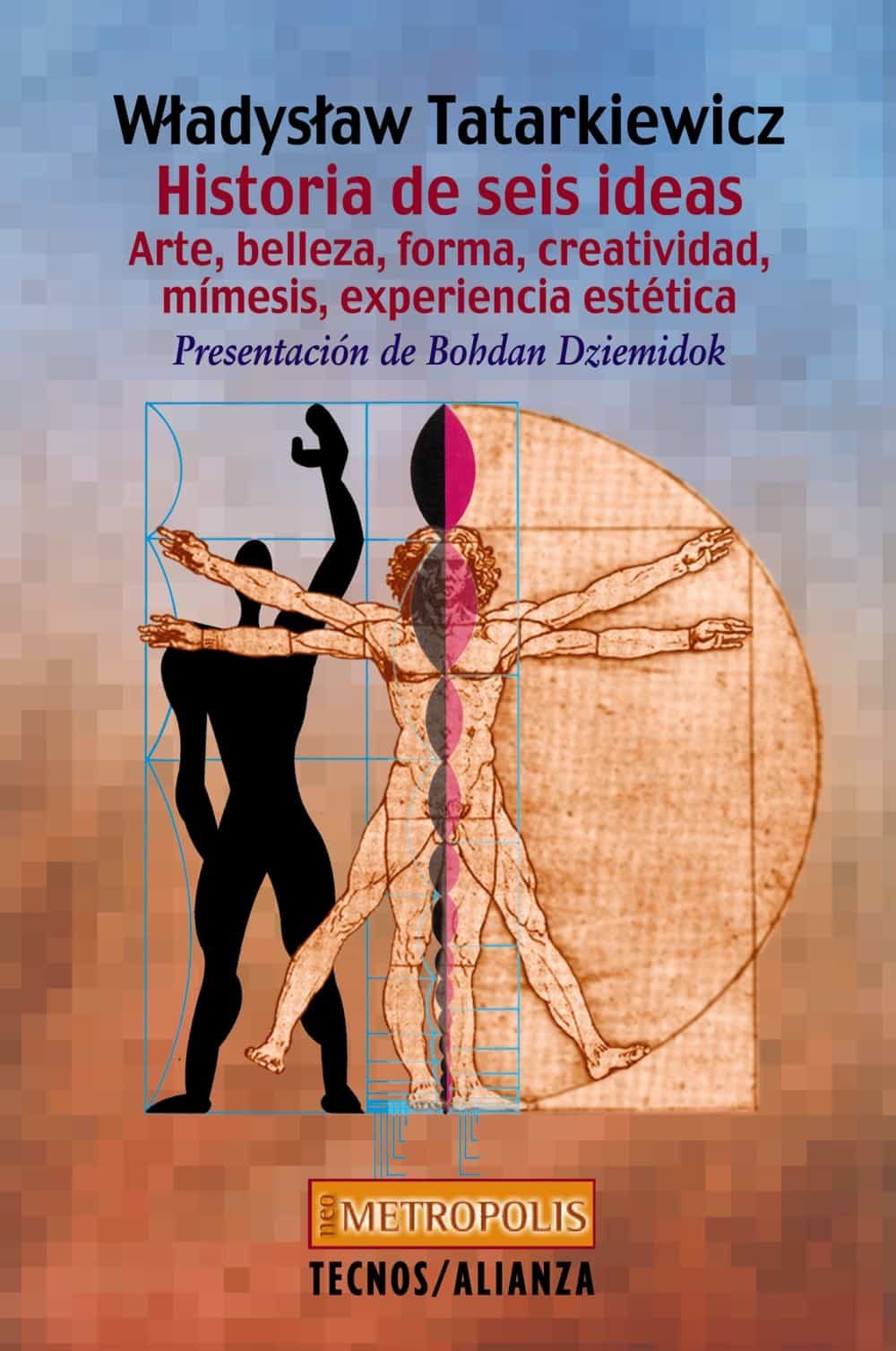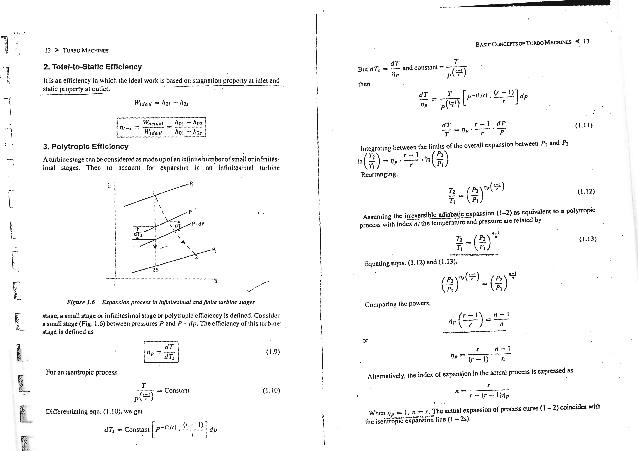
If you do not have a society account or have forgotten your username or password, please contact your society. Do not use an Oxford Academic personal account.
When on the society site, please use the credentials provided by that society. If you see ‘Sign in through society site’ in the sign in pane within a journal: Many societies offer single sign-on between the society website and Oxford Academic. Society member access to a journal is achieved in one of the following ways: If you cannot sign in, please contact your librarian. If your institution is not listed or you cannot sign in to your institution’s website, please contact your librarian or administrator.Įnter your library card number to sign in.  Following successful sign in, you will be returned to Oxford Academic. When on the institution site, please use the credentials provided by your institution. Select your institution from the list provided, which will take you to your institution's website to sign in. Click Sign in through your institution. Shibboleth / Open Athens technology is used to provide single sign-on between your institution’s website and Oxford Academic. This authentication occurs automatically, and it is not possible to sign out of an IP authenticated account.Ĭhoose this option to get remote access when outside your institution. Typically, access is provided across an institutional network to a range of IP addresses. If you are a member of an institution with an active account, you may be able to access content in one of the following ways: Get help with access Institutional accessĪccess to content on Oxford Academic is often provided through institutional subscriptions and purchases.
Following successful sign in, you will be returned to Oxford Academic. When on the institution site, please use the credentials provided by your institution. Select your institution from the list provided, which will take you to your institution's website to sign in. Click Sign in through your institution. Shibboleth / Open Athens technology is used to provide single sign-on between your institution’s website and Oxford Academic. This authentication occurs automatically, and it is not possible to sign out of an IP authenticated account.Ĭhoose this option to get remote access when outside your institution. Typically, access is provided across an institutional network to a range of IP addresses. If you are a member of an institution with an active account, you may be able to access content in one of the following ways: Get help with access Institutional accessĪccess to content on Oxford Academic is often provided through institutional subscriptions and purchases. 
The chapter assesses how the novel refuses to privilege rationality, philosophy or empiricism in its determination to fully exist in a country/world which lacks any kind of coherence, and offers a comparison between this novel and Exley’s A Fan’s Notes in their treatment of the individual, drink, and the Nation State. Venichka’s alienation is manifest in his ongoing argument with God, Russia and Fate.

One of the central conceits of the novel explored in this chapter is thus the role of Venichka as a Russian everyman who is simultaneously alienated from the State, and paradoxically also from the people – drinking is his chosen vocation rather than a means of dulling self-medication. Unlike other drinker novels where the committed central drinker’s behaviour is regarded as outside social norms, Venichka is surrounded by like-minded Russian souls who also drink continuously.

In Venedikt Yerofeev’s Moscow Stations the character Venichka, a version of the author, takes an increasingly surreal train ride towards Petushki, a town at the end of a Moscow line which he believes to be like paradise.








 0 kommentar(er)
0 kommentar(er)
